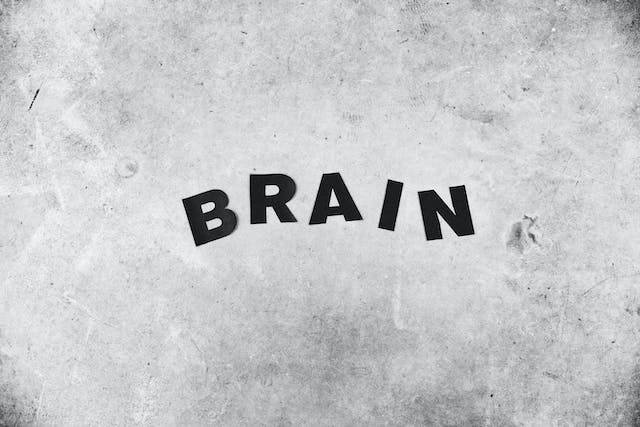
"Exploring 6 Ways Chronic Stress Sabotages Cognitive Wellness"
Stress has become an unwanted companion for many in our fast-paced lives. Chronic stress can silently wreak havoc on your brain, harming both your mental and physical well-being, far beyond the initial symptoms of tension and anxiety. We’ll look at six detrimental effects of stress on the brain in this blog(“Chronic Stress and its Impact on the Brain”)
Shrinkage of the Hippocampus.
The possible shrinkage of the hippocampus, the part of the brain in charge of memory and learning, is one of the most concerning consequences of long-term stress. Stress chemicals like cortisol at high levels can prevent new neurons from growing in this region, which can affect cognitive processes and raise the risk of memory-related illnesses.
Disruption of Neural Communication.
Stress interferes with the complex neuronal communication that occurs within the brain. Extended periods of stress may result in dysregulation of neurotransmitters, which can impact mood and exacerbate disorders such as anxiety and depression. The fragile web of neuronal connections is damaged, which reduces the brain’s capacity to operate at its best.

Accelerated Aging of the Brain.
Chronic stress may hasten the aging process of the brain, according to research. The protecting ends of chromosomes, known as telomeres, shorten more quickly in people who are under constant stress. Cells that age too quickly may be more susceptible to neurodegenerative illnesses and experience cognitive impairment.https://acognitiveconnection.com/how-does-stress-affect-your-brain/
Impaired Decision-Making and Judgment.
When under stress, the brain’s natural tendency is to give priority to short-term survival over long-term planning. Higher order cognitive processes like judgment and decision-making may be hampered by this concentration shift. People who are under a lot of stress on a regular basis could find it difficult to make deliberate decisions that could have negative effects on several areas of their lives.

Altered Brain Structure and Connectivity.
Under extended stress, structural alterations in the brain are not unusual. Emotion processing is handled by the amygdala, which can become hyperactive and cause elevated emotional reactions. Simultaneously, impulsive behavior and emotional instability may worsen due to decreased activity in the prefrontal cortex, which is important for decision-making and self-control.https://www.verywellmind.com/surprising-ways-that-stress-affects-your-brain-2795040
Increased Vulnerability to Mental Health Disorders.
The fact that stress is linked to a higher risk of mental health disorders is arguably the most alarming feature of stress’s effects on the brain. Prolonged stress can be the cause of several disorders, including depression, anxiety, and post-traumatic stress disorder (PTSD). For the purpose of managing and preventing these conditions, it is imperative to comprehend this connection.
Conclusion: Navigating the Path to Mental Wellness.
A critical first step in putting mental health first in the busyness of modern life is realizing the damaging effects of stress on the brain. We can prevent the detrimental effects of stress by being aware of the many ways in which it impacts our cognitive abilities. There are a number of ways to protect our brains from the quiet threat of long-term stress, such as mindfulness exercises and lifestyle changes. It is time to give mental health first priority and set out on a path to a robust and healthy mind.https://premierneurologycenter.com/blog/6-ways-stress-affects-your-brain/


